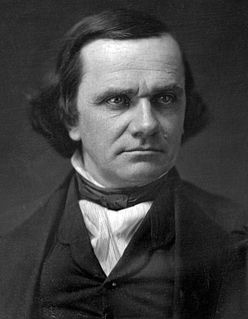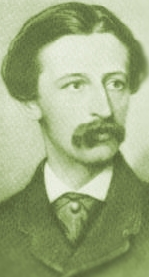A Quote by Bernard de Mandeville
No habit or quality is more easily acquired than hypocrisy, nor any thing sooner learned than to deny the sentiments of our hearts and the principle we act from: but the seeds of every passion are innate to us, and nobody comes into the world without them.
Related Quotes
Grace does not demonize our desires nor destroy them nor lead us to deny them. Grace is the work of the Holy Spirit in transforming our desires so that knowing Jesus becomes sweeter than illicit sex, sweeter than money and what it can buy, sweeter than every fruitless joy. Grace is God satisfying our souls with His Son so that we're ruined for anything else!
I can’t think of any greater happiness than to be with you all the time, without interruption, endlessly, even though I feel that here in this world there’s no undisturbed place for our love, neither in the village nor anywhere else; and I dream of a grave, deep and narrow, where we could clasp each other in our arms as with clamps, and I would hide my face in you and you would hide your face in me, and nobody would ever see us any more.
Charity is not a potency of the soul, because if it were it would be natural. Nor is it a passion, because it is not in a sensitive potency in which are all passions. Nor is it a habit, because a habit is removed with difficulty; charity, however, is easily lost through one act of mortal sin. Therefore charity is not something created in the soul.
Passion. It lies in all of us. Sleeping... waiting... and though unwanted, unbidden, it will stir... open its jaws and howl. It speaks to us... guides us. Passion rules us all. And we obey. What other choice do we have? Passion is the source of our finest moments. The joy of love... the clarity of hatred... the ecstasy of grief. It hurts sometimes more than we can bear. If we could live without passion, maybe we'd know some kind of peace. But we would be hollow. Empty rooms, shuttered and dank. Without passion, we'd be truly dead.
Manners are made up of trivialities of deportment which can be easily learned if one does not happen to know them; manner is personality - the outward manifestation of one's innate character and attitude toward life.... Etiquette must, if it is to be of more than trifling use, include ethics as well as manners. Certainly what one is, is of far greater importance than what one appears to be.
I deny the right of Congress to force a slaveholding State upon an unwilling people. I deny their right to force a free State upon an unwilling people. I deny their right to force a good thing upon a people who are unwilling to receive it. The great principle is the right of every community to judge and decide for itself, whether a thing is right or wrong, whether it would be good or evil for them to adopt it; and the right of free action, the right of free thought, the right of free judgment upon the question is dearer to every true American than any other under a free government.
It is not merely the brevity by which the haiku isolates a particular group of phenomena from all the rest; nor its suggestiveness, through which it reveals a whole world of experience. It is not only in its remarkable use of the season word, by which it gives us a feeling of a quarter of the year; nor its faint all-pervading humour. Its peculiar quality is its self-effacing, self-annihilative nature, by which it enables us, more than any other form of literature, to grasp the thing-in-itself.
No one can deny that a network (a world network) of economic and psychic affiliations is being woven at ever increasing speed which envelops and constantly penetrates more deeply within each of us. With every day that passes it becomes a little more impossible for us to act or think otherwise than collectively.
Some of us can accept others right where they are a lot more easily than we can accept ourselves. We feel that compassion is reserved for someone else, and it never occurs to us to feel it for ourselves. My experience is that by practicing without 'shoulds,' we gradually discover our wakefulness and our confidence. Gradually, without any agenda except to be honest and kind, we assume responsibility for being here in this unpredictable world, in this unique moment, in this precious human body.









































